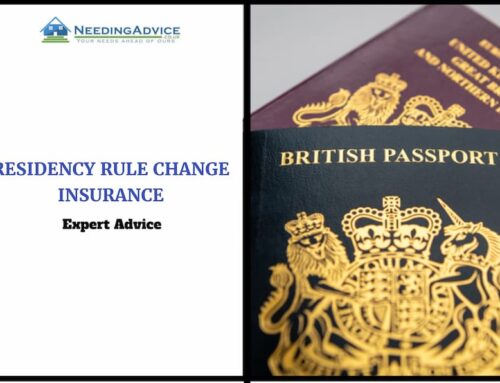Life Insurance
Participating in a single scuba diving session during a vacation is not likely to impact your life insurance application.
Insurers prefer to have specific details about your dives if you are scuba diving regularly.
Our advisers will inquire from you:
- How frequently do you go diving?
- Where are you going to dive?
- What is the maximum depth you can reach?
- Will you be scuba diving alone or with a group?
- Do you utilize mixed air?
- Do you explore caves or shipwrecks?
We are requesting additional information beyond what you typically see in a life insurance application, as some insurers prefer to have more details. After we have the answers to these questions, we can ensure we are choosing the best insurer for you right from the beginning.
When applying for life insurance as a scuba diver, you will typically have to provide information about the frequency of your dives, the depths you dive to (whether more than 40m or not), and if you engage in activities like wreck diving, pothole diving, or cave diving. Insurers may ask if you always know where the exit is while doing these activities.
Clients are evaluated individually based on factors like diving frequency, experience, and qualifications (PADI and BSAC), which can influence policy acceptance terms. If the insurer determines that scuba diving poses a higher risk, they may adjust the premiums for your policy.
There are various methods by which life insurance premiums can be raised, with one resulting in minimal changes and the other potentially resulting in significantly higher costs. It is essential to consult with advisers like us to secure the best price for life insurance.
Critical Illness
Arranging critical illness cover for divers should be just as straightforward as life insurance. Some insurers may offer you critical illness cover at standard terms.
Frequent diving or participation in specialized dives like wreck, ice, or cave exploration may lead insurers to raise your premiums or not cover certain diving-related claims.
In the event of being offered an exclusion on critical illness cover, it’s worth noting that the exclusion would only apply when diving.
Income Protection
Income protection for divers may be accessible under standard terms with certain insurers. You should provide all relevant information about your diving experience and any injuries to the insurer, including details of your certifications.
Participating in occasional scuba diving during holiday travel is not likely to affect your income protection application.
The insurers are primarily interested in diving that they would deem high risk. One aspect of insurance that stands out is the discrepancy between an insurer’s definition of high risk and what you perceive it to be. Every insurer has its own policies, so it’s important to find the one that fits your needs.





